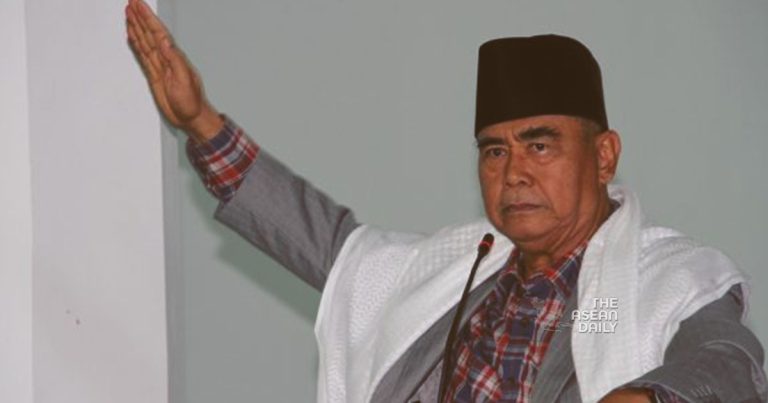2-8-2023 (JAKARTA) Indonesian authorities have taken legal action against the head of a contentious Islamic boarding school, Al-Zaytun, located in conservative West Java province. Panji Gumilang, the school’s head, has been named a suspect and charged with blasphemy and hate speech, leading to a potential 10-year prison sentence if found guilty.
Al-Zaytun, founded in 1996 and housing around 5,000 students, has sparked public controversy due to its unconventional teachings, particularly its treatment of women and the inclusion of Hebrew in its practices. The school has been known for allowing men and women to pray together and empowering women to become preachers, which deviates from common norms in Indonesia, the world’s most populous Muslim-majority nation.
Indonesia follows a secular legal system and embraces a tradition of pluralism and moderate Islam. However, since the end of Suharto’s authoritarian rule in 1998, more conservative interpretations of Islam have gained traction in the country.
The Indonesian Islamic Clerical Council has criticized some of Al-Zaytun’s practices, deeming them as a “wrong interpretation of the Quran.” The council started an investigation into the school’s “misguided religious practices” in June.
In response to the charges, Panji Gumilang, aged 77, has defended the school’s practices, stating in a recent interview that gender equality is part of his interpretation of the Quran.
Critics, including human rights groups, have expressed concerns about the use of blasphemy laws in Indonesia, claiming that they restrict religious freedoms in a nation that officially recognizes six religions and upholds a tradition of religious diversity.
The high-profile case of Basuki “Ahok” Tjahaja Purnama, a former Jakarta governor, exemplifies the controversy surrounding blasphemy charges in Indonesia. In 2017, Ahok was convicted on what many believed to be trumped-up blasphemy charges after he cautioned voters against being swayed by politicians using religious texts for political purposes.
Andreas Harsono of Human Rights Watch highlights the Al-Zaytun case as another example of discrimination against minority viewpoints. He criticizes the country’s blasphemy law and mainstream clerical groups, calling for a reconsideration of the law’s application in cases involving progressive views, such as women’s rights within Islam.




